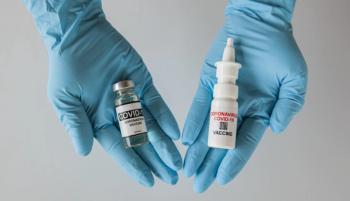
The intranasal route of administration is showing clinical promise, particularly for COVID-19, but there are multiple hurdles to overcome to ensure successful formulation.
Editor of Pharmaceutical Technology Europe

The intranasal route of administration is showing clinical promise, particularly for COVID-19, but there are multiple hurdles to overcome to ensure successful formulation.

Process chromatography in downstream processing has seen steady improvements over the years, but there is still room for improvement.

Outsourcing method development offers multiple benefits to companies, including access to experience and expertise, streamlined costs, and development time efficiencies.

As the RNA therapeutic market grows, contract manufacturing services for GMP-grade RNA are in demand and expected to continue on an upward trajectory.

Vaccine development is inherently challenging; however, in light of the COVID-19 pandemic, innovations have been prioritized, leading to accelerated development processes.
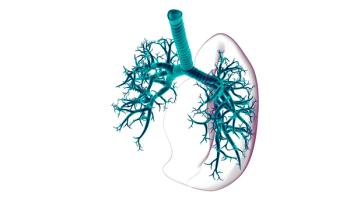
The inhaled route of administration for biologics is experiencing renewed interest, particularly in light of the COVID-19 pandemic.

Although a necessity, companies must strike a critical balance between protecting innovations with IP and providing affordable access to medicines.

Efforts are already underway to harmonize standards and regulatory approaches for testing of raw and ancillary materials, but continuous improvement is required.

Single-use solutions continue to grow in popularity, largely as a result of the cost and time efficiencies they can afford biopharma companies.

As compounds become more complex in nature and biological ingredients are more widely used, stability testing approaches must follow suit and provide flexibility for developers.
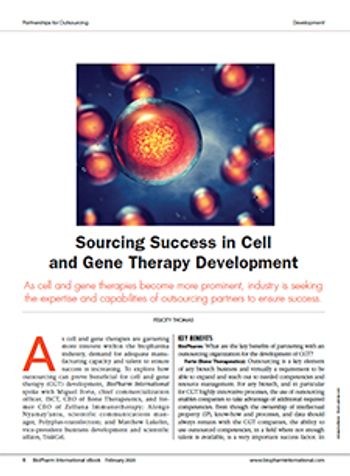
As cell and gene therapies become more prominent, industry is seeking the expertise and capabilities of outsourcing partners to ensure success.

The commercialization of cell therapies is still at its infancy, but industry is facing an exciting period of development as the sector is expected to grow exponentially.
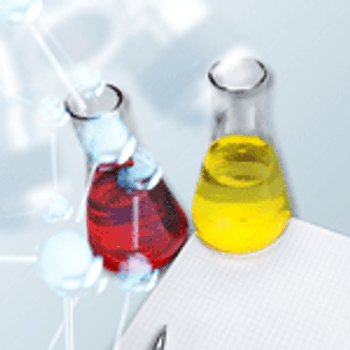
Biologics raise unique formulation and development challenges, and industry is still on a learning curve to get the best out of these diverse and complex therapies.

As regulatory bodies extend the oversight of E&L testing, companies working with drug products need to make provisions on how to best comply with the evolving expectations.

Particulates or aggregates are a notable challenge for injectables, but there are several methods available to help with identification during formulation and development.

Stability testing for biologics is more complex than for small-molecule drugs, so companies should be aware of the potentially serious issues that can be costly and jeopardize drug development.
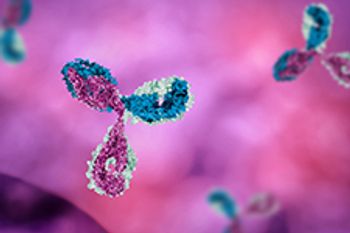
Protein characterization is a critical part of drug development, but as there are still limitations with available techniques, industry needs to look at technological advances to meet the specific requirements of complex molecule characterization.

Single-use systems may offer a suitably flexible solution to the biomanufacturing challenges of cost and time-to-market.

As cost and time pressures within biopharma are on the rise, innovative expression systems may offer companies a good opportunity to streamline processes early on.

Proactive approaches that consider long-term supply chain security compliance are recommended to ensure companies stay on the right track.

BioPharm International speaks with several experts to learn more about pipeline platforms and technologies.

Contract manufacturing organizations need to adapt to successfully overcome the specific challenges posed by complex therapies.

To achieve further cost reductions in biosimilar manufacturing, a move away from traditional models is necessary.

A look at the Univercells' NevoLine bio manufacturing platform, which incorporates principles of automated and continuous bioprocessing.

Globally accepted products are becoming increasingly in demand, leading to more need for regulatory harmonization, particularly for biosimilars.

Technical advances in process understanding and control must be accompanied by a change in mindset.
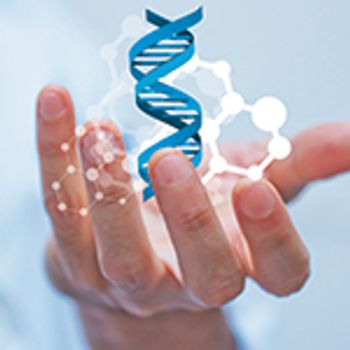
As biologics continue to push boundaries, the industry needs to take a holistic approach to formulation to ensure success.
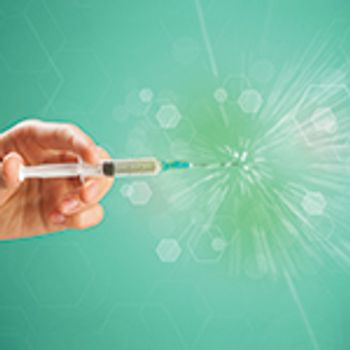
Optimizing the patient experience and technological advances can positively impact adherence.